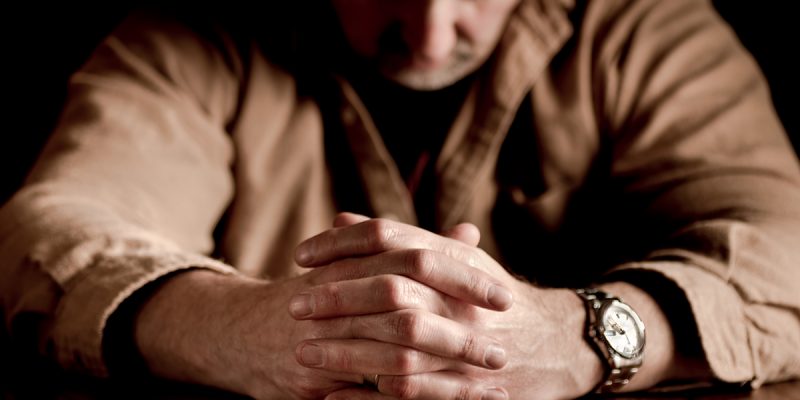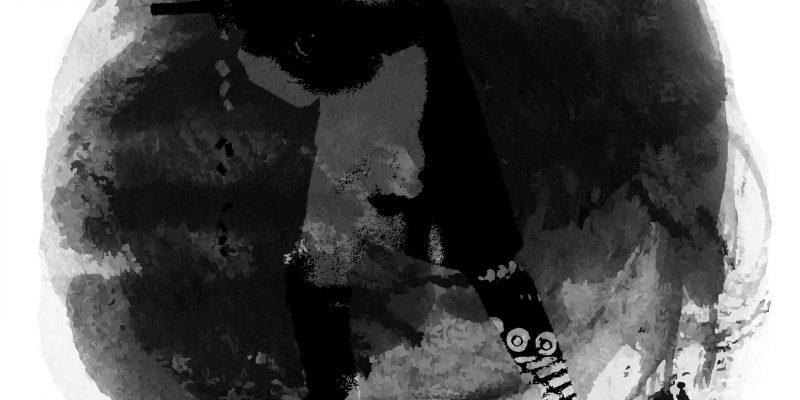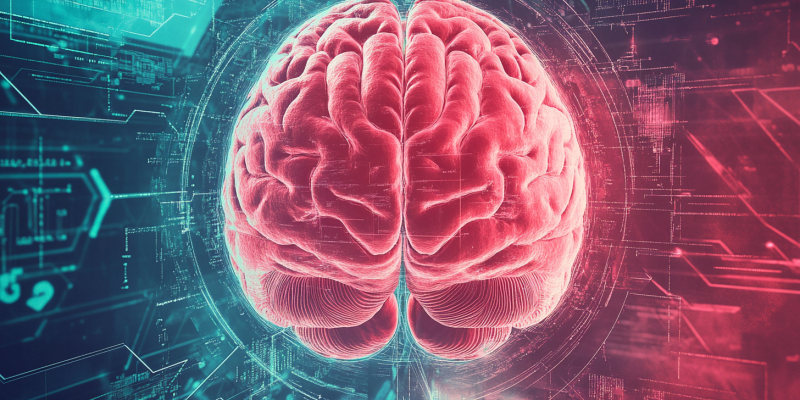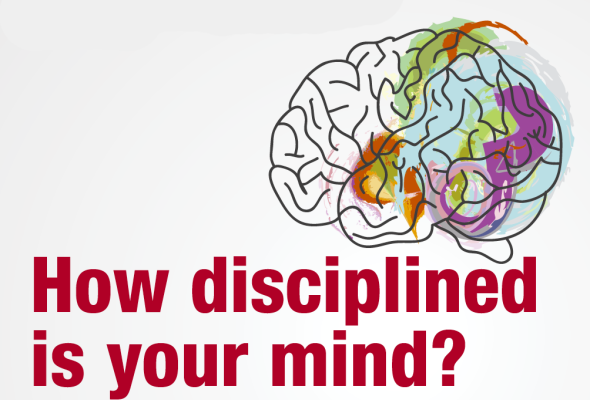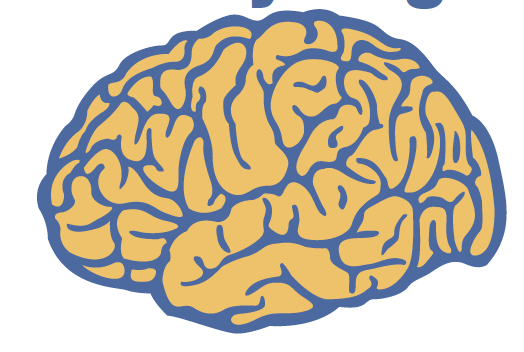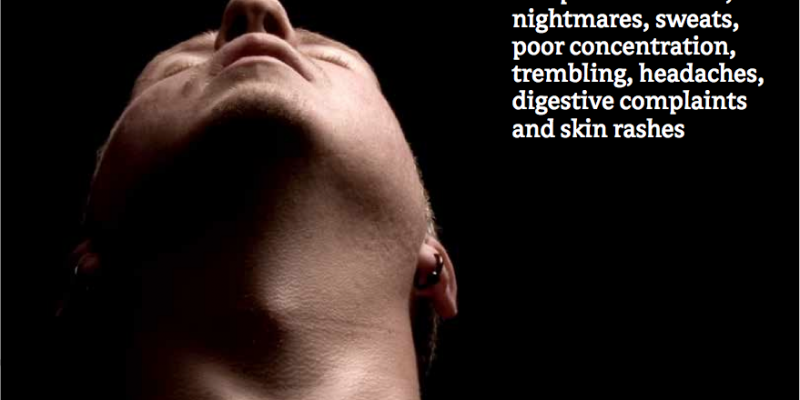If you work in an environment where people are likely to get physically injured, then it stands to reason you would want people available with the skills to help.
Why has this affected me so much?
Treatment for PTSD, the person recognizes which factors played a part in their particular event and this can be very empowering. They can replace their own feelings of shame or weakness with an understanding of the complexities of what happened and this usually helps in their recovery.
Leave no man behind?
“Ultimately, I need to know that whoever I’m working with, if the shit hits the fan and I’m in a situation, that my colleagues are going to be there to watch my back”. The ethos of “Leave no man behind” is a mainstay across Armed Forces and equally relevant to professionals in Close & Executive Protection. If a colleague was injured out in the field, would you turn your back and walk away?
What Doesn’t Kill You…
Post Traumatic Growth (PTG) describes the range of positive changes experienced by people as a result of their struggle with a severe life challenge or a traumatic event.
Hostile Environment Surveillance Process
Have you ever had the feeling that something was wrong before you’ve actually spotted a potential threat? It’s all down to your brain’s “hostile environment surveillance process” – made up of your inbuilt surveillance system that is constantly monitoring your environment in order to maintain your safety and wellbeing.
How disciplined is your mind?
In your role as a protection specialist, you may be under chronic stress and the danger is that your nervous system gets stuck in a chronic state of sympathetic arousal. There is then a need to regularly use strategies that trigger a parasympathetic state. When it comes to high-stress environments, clinical research has consistently shown that mindfulness improves mental performance, focus and the ability to sustain attention when multi-tasking.
Mental Body Armour – Have you got your Kit on?
You wouldn’t dream of going on a job without appropriate physical protection and risk assessment – but how well do you protect yourself mentally?
Being mentally strong is the same as being physically strong – we have to work at it. We build physical strength in the gym and take pride in a healthy body. Some days you are on top form in the gym and others are harder. But would you recognise the equivalent happening in your brain?
Traumatic Stress
As a bodyguard, your background, training and experience mean that generally you are more resilient and for you, what the man in the street would view as traumatic, is all in a day’s work. However, like Dave, this does not mean that you are invulnerable to post-traumatic stress!

